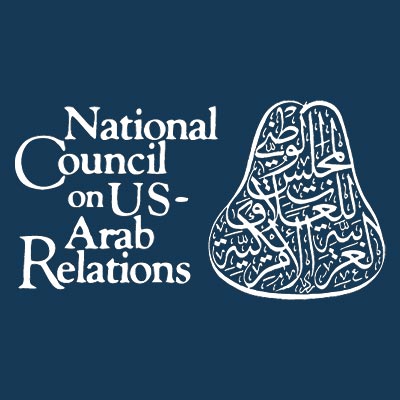GCC to adopt unified policy on power, water consumption
Source: Arab News (Read full story)
Water and electricity officials from Gulf Cooperation Council (GCC) states will meet in Kuwait on Tuesday to discuss linkage project, said an official source. The meeting is being organized by GCC’s electricity cooperation committee. He said the committee will explore the possibility of implementing the joint legal and legislative rules to strengthen rationalyzing (sic) the consumption of water and electricity, in addition to discussing subscribers’ services in the Gulf. The average daily consumption of water per individual in the Gulf states varies between 300 and 750 liters daily, which is the highest in the world.
…
Sheikh Mohammed: Dubai ruler says Iran telling truth over nuclear ambitions
Source: The National (Read full story)
Sheikh Mohammed[, Vice President and Prime Minister of the UAE and Ruler of Dubai,] told [the BBC’s] Mr [Jon] Sopel in a recorded interview in Dubai on Sunday that the UAE will “help but not interfere” in the Syrian conflict. The answer came after Sheikh Mohammed was asked why the UAE would not get involved in trying to find a solution, following the example of Qatar, which is involved with groups in Syria. “We are supporting the people in Jordan or Turkey, we are helping those but the free [Syrian] army you don’t know, because there’s some extremists, and you don’t know how many groups there are. You hear that some groups are fighting each other.”
…
97 per cent of UAE-based Egyptians vote for constitution
Source: The National (Read full story)
More than 97 per cent of UAE-based Egyptians voted yes to Egypt’s new constitution. After five days of voting, around a third of 67,666 eligible voters came to the polls, including 9,690 in Abu Dhabi and 11,960 in Dubai. The Egyptian embassy in Abu Dhabi said on Monday that fewer than 600 of votes cast were against the constitution, with a little more than 21,000 for it. Ihab Hamouda, Egyptian ambassador to the UAE, said this showed Egyptians’ eagerness to move forward through a civil constitution, which he said was one of the best constitutions ever made in Egypt.
…
Coptic Pope invited to visit Kuwait
Source: Kuwait Times (Read full story)
His Highness the Amir’s envoy, Deputy Minister for Amiri Diwan Affairs Sheikh Ali Jarrah Al-Sabah delivered yesterday an invitation to the Pope of Egypt’s Coptic Christian Church Tawadros II to visit Kuwait. After meeting the Pope of Alexandria and Patriarch of All Africa on the Holy Apostolic See of St. Mark the Evangelist of the Coptic Orthodox Church of Alexandria, Sheikh Ali Al-Jarrah said “we were honoured by this warm encounter with His Holiness the pope and we hope to God that this communication continues between Arab brothers.”
…
Sheikh Khalifa accepts invitation to visit Iran
Source: The National (Read full story)
President Sheikh Khalifa has accepted an invitation to visit Tehran from the Iranian foreign minister, who is in the UAE as part of a tour of GCC countries. And Sheikh Mohammed bin Rashid, Vice President and Ruler of Dubai, also accepted the invitation from Mohammed Javad Zarif. At a meeting with Mr Zarif at Al Rawda Palace in Al Ain on Wednesday, Sheikh Khalifa welcomed the signing of an interim agreement on Iran’s nuclear programme. The President also expressed the UAE’s readiness to strengthen relations and boost cooperation with Tehran.
…
New Arab World Map
Source: Kuwait Times (Read full story)
Syria’s step to terminate internationally-banned chemical weapons (sarin gas) … is an important one that reflects commitment to international resolutions, as well as the requirements needed to contain the Syrian crisis which has been ongoing for nearly three years and during which thousands of innocent people have been killed. There is a new map intended for the Arab world which divides nations with total disregard to international law that guarantees nations’ rights to change their regimes through constitutional amendments, public referendums, revolutions or any actions that remain within the state’s borders and the frameworks of democracy.
…

